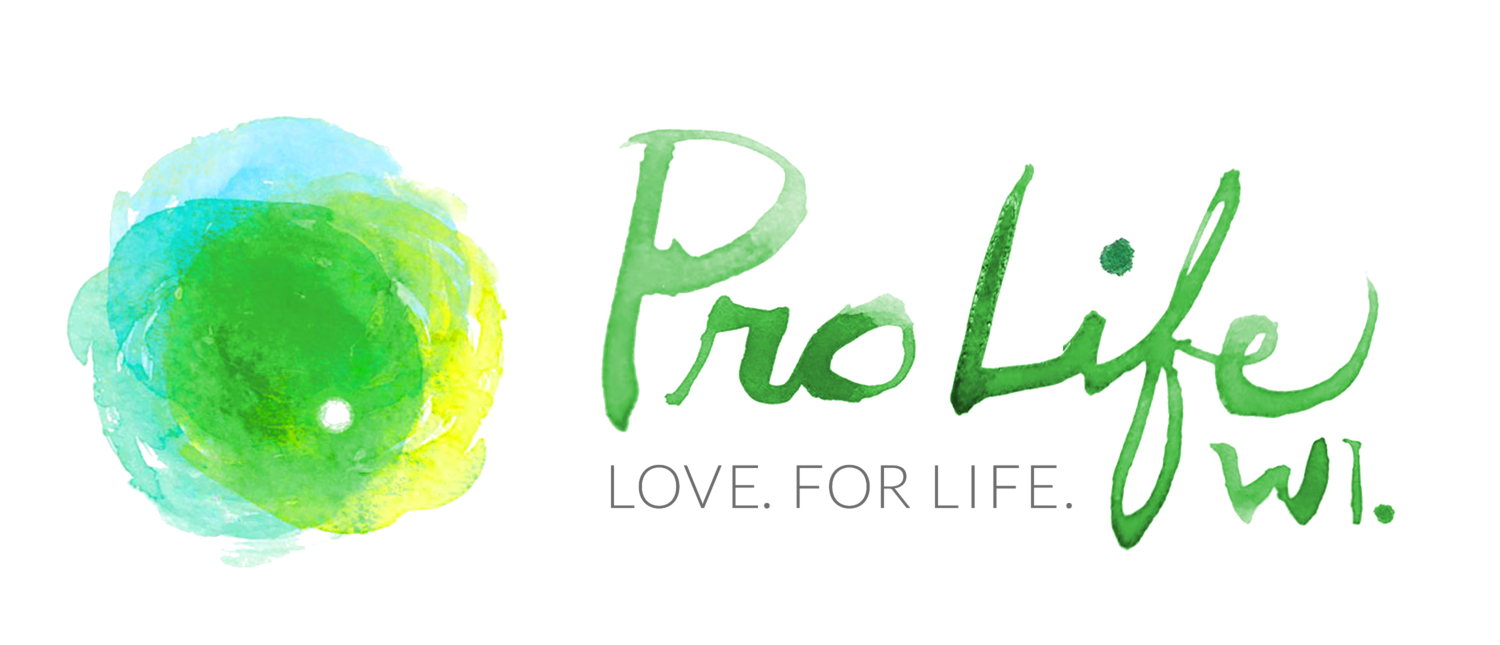By Andrew Peterson, Development Director, Pro-Life Wisconsin
One of the most common arguments we hear—especially from feminists—in support of abortion is that it empowers women. Abortion is argued to be a good thing for women, and some might go so far as to say it is necessary for women to keep their current status in society because it empowers women to live the lives they want. Whether it is with a career in mind, sexual liberty, or education, they argue that pregnancy and children inhibit a woman’s ability to contribute to society how she feels she should. If she chooses to raise a family, that is well and good, but they argue that women are at a distinct disadvantage to men because of the demands biology requires of women:
If a man inadvertently gets a woman pregnant, he can simply abandon the mother and his child, but a woman faces all of the struggles of pregnancy.
Babies have little direct need of their fathers, so new children barely disrupt a man’s work schedule; women, however, are bound to their babies for extended periods of time, a fact which corporations use against women when making their hiring decisions.
Women can be alienated from their families or socially stigmatized for getting pregnant before they are married, but because the father does not carry the child, he has the privilege of social anonymity and his public reputation can remain unhindered.
In short, abortion is the great equalizer for women’s standing in society. It “levels the playing field” and finally allows women to live as men’s equals. For many women, when they hear Pro-Life individuals arguing against abortion, vivid images of barefoot, pregnant women in the kitchen during the 50s come rushing to their minds. Abortion, then, is necessary for women to preserve their place.
These are forceful arguments, to be sure, but did you notice a subtle underlying theme? Everything previously stated was devoted to what women cannot do. In all that has been said, the pro-abortion argument assumes that women need abortion to find success and fulfillment. When you think about it, that is not a very empowering attitude at all. Are we to assume that women are too weak to be able to succeed if they have children? I, for one, know that is not the case. My grandmother had to flee with her twin children from an abusive husband while she was pregnant with a third. She had to raise my mom, my aunt, and my uncle by herself. It was difficult, and she had to make many sacrifices, but she has lived a fulfilling life and is a joyful person to this day. If we want women to be treated with dignity—which is what feminists claim as their goal—then perhaps the best place to start is not assuming that women are incapable of overcoming adversity.
Time and time again, we hear the stories of women who chose abortion because they felt like they had no other choice. Society told them incessantly that they could not face life with that child, they were convinced, and they have regretted their decision for the rest of their lives. Conversely, we see the women who chose life despite the adversity they faced, and I personally have never heard of a woman who regretted keeping her child. Of course these women will need help in overcoming the obstacles they face, but that is not unique to pregnant women. Everybody needs help from each other, so needing help isn’t a reason to feel shame. The only difference among us is how much help we need, and let’s be real here—we all need more help than we would like to admit. So rather than telling women what they can’t do, let’s help them accomplish what they’ve always wanted to do. The empowering choice is not abortion; the empowering choice is life. Abortion tells women that they are too weak to overcome the obstacles they face, but life tells women that they are already strong enough.

